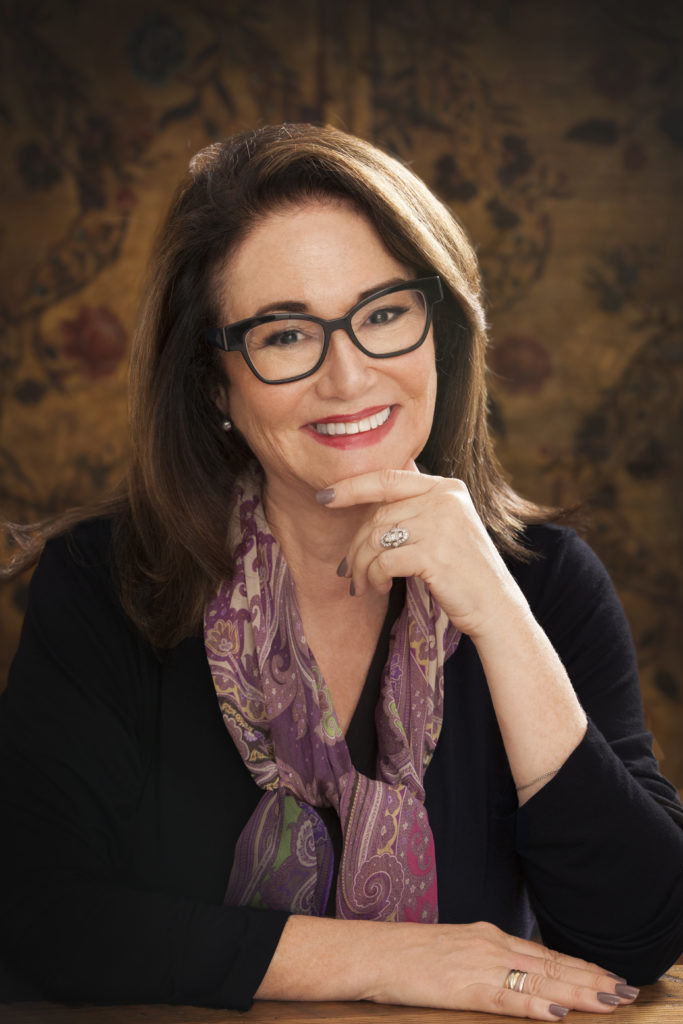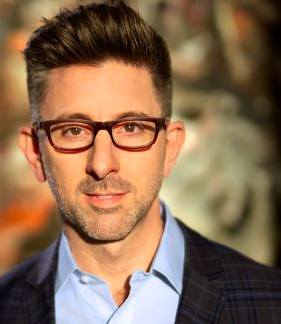“It’s the most wonderful time of the year!” We can’t help wondering if Edward Pola and George Wyle, who wrote this famous Christmas tune — popularized by Andy Williams — meant for their lyrics to be sung with a touch of sarcasm. As much as we may want this time of year to be the hap-happiest season of all, it is often as challenging as it is joyful. And that’s okay!
The holidays can feel like a never-ending to-do list with obligations and expectations piling on top of the abundant tasks, not to mention a landmine of emotional triggers that may arise as you prepare for time with family.
This holiday season, you can resolve to show up as the person you want to be and the person you want others to see — for both yourself and for your friends and family. Here are five tips for giving the gift of your best self in the days ahead.
Grant yourself grace
Take the word “should” out of your vocabulary. You can’t do it all, and you don’t have to. Despise baking? Keep the cookie sheets in the cupboard. Dread sending holiday cards? Consider skipping it this year. Treat yourself with the kindness and compassion you show others.
Perhaps you feel jealous that your kids are spending the holidays with your ex or are anxious about attending a party where you may see an estranged sibling. Give yourself grace as the emotions come, and allow them all. Deploying emotion skills can help you to feel better, be more creative, make more deliberate decisions and enhance your relationships. Our work at the Yale Center for Emotional Intelligence (YCEI) and decades of research show that naming your emotions can help you choose and use a helpful strategy for dealing with them.
Set and respect your boundaries
Think about what is likely to bring you joy this holiday season — and what, and who, will not. Write down how you will keep these boundaries intact. Next to your gift lists and to do-lists, keep a more prominent “boundary list,” and check it twice. Maintain these margins by using the word “no” as often as needed.
Part of setting boundaries is deciding how you want to feel during this time of year and then doing your best to engage with people and activities that bring you those feelings. Maybe you need some time alone, and you decide you can handle no more than two holiday parties this season. If being around a parent triggers disappointment, anger or worse, self-loathing, limit your time with them. Check in with your feelings and do something you enjoy to maintain your mood or to shift you to a different mood more congruous with what you want to feel.
Activate your ‘best self‘
The best self is a key feature in RULER, YCEI’s approach to teaching emotional intelligence that is used in thousands of schools around the globe. Activating one’s best self can ground people in their aspirational self, especially when they are experiencing big feelings. This process includes identifying the ideal person you want to show up as, and how you want to be seen through the eyes of others. Ask yourself: “How would I like to be experienced, seen or talked about?”
We teach people to think of their best self as role specific. For example, you may have a parent best self, an employer best self and a friend best self. Each of these selves might have a different set of adjectives to describe the ideal person you wish to be in that role.
Let’s say as a daughter you want to be respectful, trustworthy and empathic, and you want your parents to experience you as kind, loving and respectful. Visualize yourself as that ideal. Then, consider what your behavior would look like when you are around your parents to fulfill this best version of yourself.
Pause often
Stress and conflict are the real testing grounds of your best self, and both can abound this time of year. One tool that is part of RULER is called the “meta-moment.” Using this tool can help you show up with your best self. The meta-moment is our tool for prolonging the space between when you are triggered and when you respond. It means noticing when something happens on the outside — like someone screams — or on the inside — you remember you left your keys home — then pausing and taking a deep breath. Then, calling to mind an image of your best self you are poised to choose and use the most helpful strategy.
Say you find yourself growing irritated during a politically polarizing conversation with your step-mother over some eggnog. Pause, and put the brakes on how you might naturally respond. Take a deep breath. Ask yourself, “How can I step into the person I most want to be in this moment?” And then choose to act in a way that aligns with that ideal person.
Remember to rest and restore
All this work to feel your feelings, keep boundaries and be your best self is rewarding. But it can also be exhausting. It is vital to your well-being that you make time for rest this holiday season. The demands for your time and the urgency, hustle and grind are magnified during these busy days. If you don’t build in consistent times to rest, no one else will do it for you.
One way to prioritize rest is to ask yourself each morning, “How will I spend time restoring my energy and spirit today?” This might be a 10-minute nap, reading a book on the train or taking a short walk in the middle of the day. Consciously build these rejuvenating experiences into your daily schedule. This is a gift for yourself, and for those around you. When you are well rested it is much easier to live out the best version of you. Of course, no list of holiday well-being to-dos would be complete without a call for gratitude. No matter where you are and who you are with, there is always something and someone to be grateful for. We wish you gratitude in abundance this holiday season.
More from Better:
- The 2022 Better Guide to Giving in Chicago and Beyond
- Is It Time for a Relationship Reckoning? 3 Couples’ Stories Plus Expert Advice on Restoring Lost Connection
- You Said It: If You Care About Your Health, Do This

Robin Stern, Ph.D. is the co-founder and associate director of the Yale Center for Emotional Intelligence, a psychoanalyst in private practice and the author of The Gaslight Effect.

Marc Brackett, Ph.D. is the founding director of the Yale Center for Emotional Intelligence, a professor in the Child Study Center at Yale and the author of Permission to Feel.
The Yale Center for Emotional Intelligence just launched a free app called How We Feel, which helps people to label 144 emotions with precise “feeling words.”

